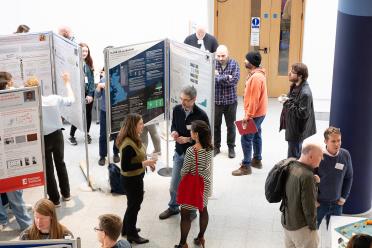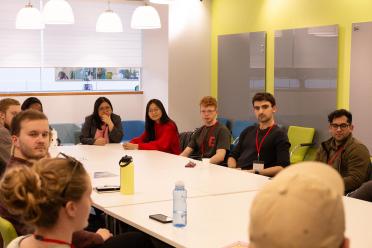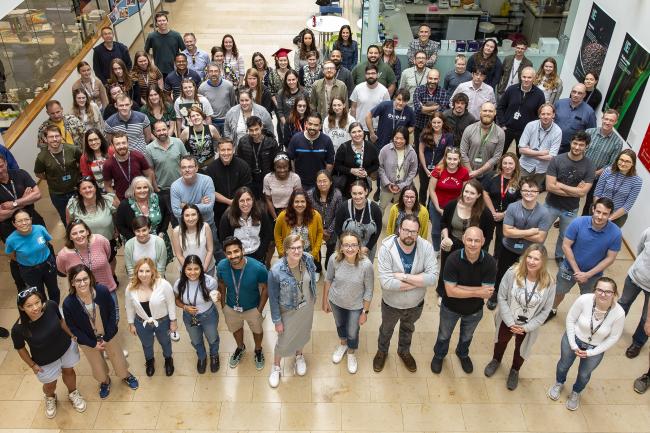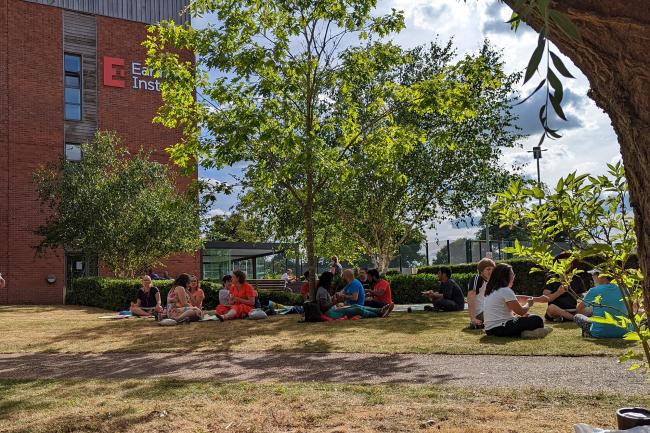Suggestions from the discussions on what could improve culture included formalising expansion of how contributions are valued.
Inclusive career paths should be developed for all roles. Anticipating that not everyone will want to be a PI and all work should be valued, whatever the job title of the contributor.
Groups suggested that the moves to defund poor lab culture were a good start but could be built on further.
The current system can have a detrimental effect on the mental health of its members, as well as the sustainability and integrity of research. Thankfully, awareness of this has improved and research institutions and funders are working together to improve the research environment for everyone.
We spoke to Dr Dave Wright, EI Mental Health Champion and Mental Health First Aider.
“It was wonderful to see the spotlight on mental health and wellbeing at the Connecting Research Culture conference and to be part of the discussions,” he said.
“The vital importance of mental health and wellbeing in our sector has never been more apparent, and it is something we are constantly trying hard to support at the Earlham Institute.
“I think workplace mental wellbeing is best supported through fostering an open, safe and communicative environment where we are able to share how we’re feeling, the challenges we face, what works in our workplace and what could change for the better.
“The key to this supportive environment lies in a combination of things - proactive approaches such as trained MHFAs, EDI initiatives and regular social groups, considerate and flexible work policies and, ultimately, the support and encouragement from the directorate that we are fortunate to have here at Earlham Institute.







